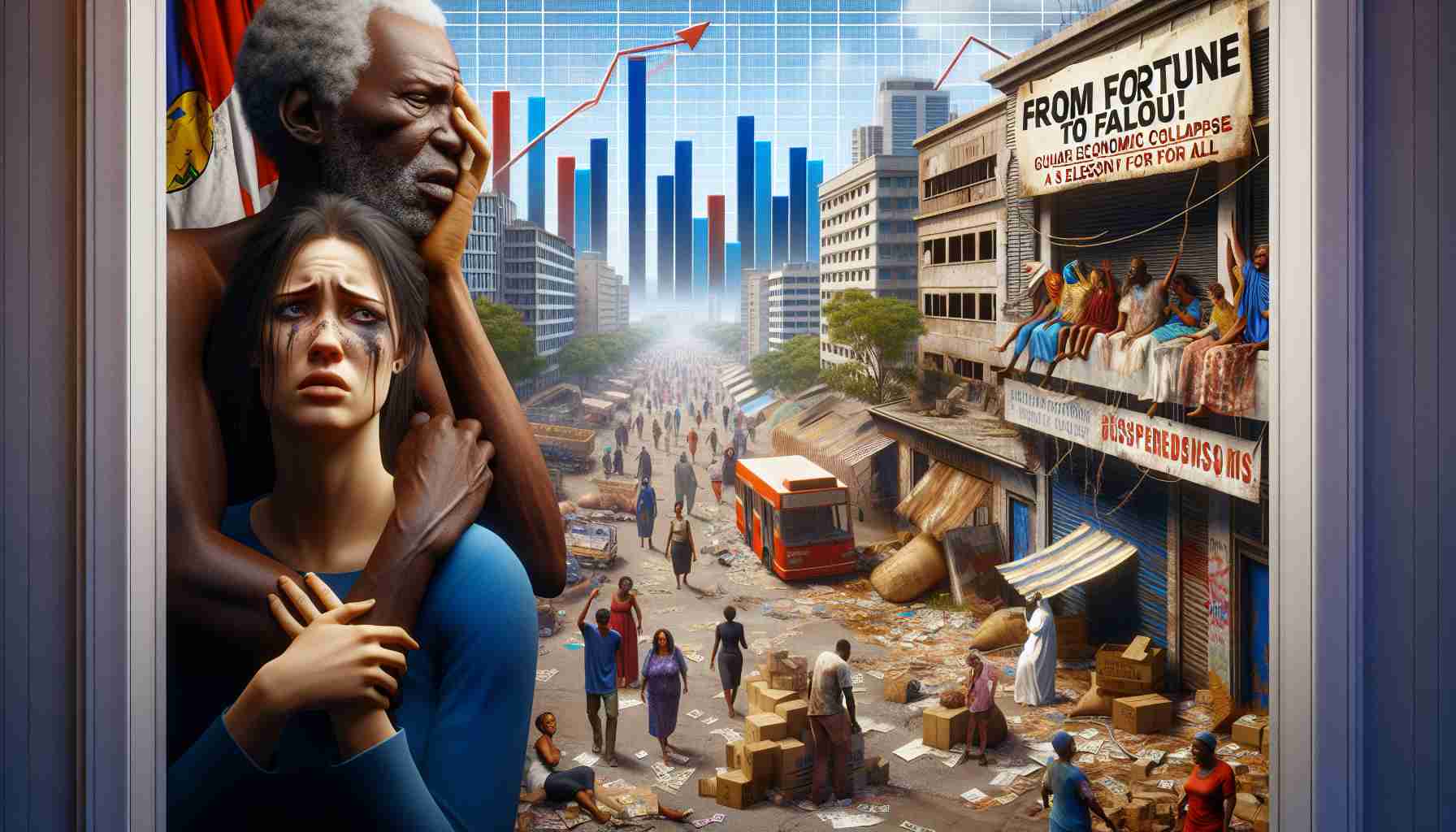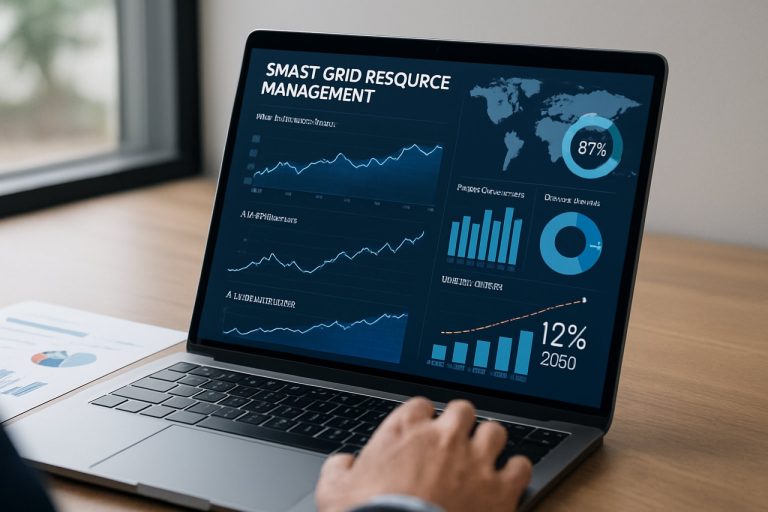
An Economic Regression
Guinea Ecuatorial enjoyed a booming economy in the 1990s and early 2000s, driven by a surge in oil production. At its height, the nation’s GDP even surpassed that of Spain. However, the rapid wealth accumulation faced an abrupt downturn over the last twelve years, plunging the nation into a severe crisis that necessitates urgent structural reforms.
After gaining independence in 1968, the country struggled economically, heavily reliant on cocoa exports, which contributed 75% to its GDP. The tide began to turn when American company Walter International tapped into the natural gas fields in 1991. Soon, Guinea Ecuatorial joined the ranks of oil-producing nations, particularly after ExxonMobil unveiled significant oil reserves in Zafiro in 1995. Remarkably, oil production surged from 2,000 to 400,000 barrels per day by 2004, yielding staggering annual GDP growth of 41.6%. The nation attracted massive foreign investment and saw thousands of American workers flock to its shores.
Unfortunately, this seemingly inexhaustible wealth was not widely shared. By 2008, economic strains surfaced, worsened by poor governance and corruption scandals, leading to a protracted slump. The COVID-19 pandemic further exacerbated the situation, signaling a bleak future unless substantial policy adjustments are made. Currently, sectors like tourism, fishing, petrochemicals, and agriculture lack the investment needed for recovery, leaving the nation in a precarious balance.
Economic Resilience Amidst Crisis
The situation in Guinea Ecuatorial reveals layers of complexity that resonate far beyond its borders. The precipitous decline from economic boom to stagnation highlights a critical lesson for resource-rich nations: wealth derived from natural resources, if not managed equitably, can lead to systemic inequality and instability. As one of Africa’s lesser-known oil powers, Guinea Ecuatorial demonstrates how reliance on a single industry can cripple broader economic progress when faced with market fluctuations or governance failures.
This economic regression also raises questions about the global economy at large. Nations with similar resource wealth must heed the warning sign presented by Guinea Ecuatorial. The decline in oil revenue doesn’t just affect a nation’s GDP; it creates ripple effects that can destabilize regional markets. As investment shies away from such turbulent environments, neighboring economies could suffer, leading to further declines in trade and cooperation.
Moreover, the potential environmental repercussions are profound. As the nation grapples with economic recovery, the push for rapid industrialization could threaten its fragile ecosystems. Its oil extraction practices, once a boon, can also lead to ecological disasters, prompting a need for sustainable practices that align with green technologies and environmental preservation.
As Guinea Ecuatorial navigates these crises, the future trends in its recovery will likely involve diversifying its economy. A pivot towards sustainable tourism or agriculture may offer a pathway to resilience. This transition could not only stabilize its economy but also foster cultural preservation and community engagement, illustrating the essential balance between development and sustainability. Ultimately, the nation stands at a crossroads, able to redefine its narrative amidst the harsh realities of its past.
Guinea Ecuatorial’s Economic Landscape: Transforming Challenges into Opportunities
An Economic Regression
Guinea Ecuatorial’s extensive economic fluctuations are reflective of its rich natural resources and turbulent governance. While the country experienced an economic boom in the 1990s and early 2000s due to oil production, it has faced significant challenges over the past decade. As the nation grapples with a severe crisis, a closer examination reveals potential pathways for recovery through structural reforms and diversification.
Current Economic Overview
As of 2023, the economy of Guinea Ecuatorial is in dire need of revitalization. The country’s previous dependence on oil has left it vulnerable, particularly as global oil prices fluctuate and environmental concerns rise. This dependence has contributed to stagnation in other key sectors, such as agriculture and tourism, which require diversification to ensure sustainable economic growth.
Opportunities for Recovery
To emerge from the economic downturn, Guinea Ecuatorial must prioritize investments in diverse sectors. Here are some potential areas for improvement:
– Agriculture: Enhancing agricultural outputs could reduce food imports and increase local employment. Investments in irrigation, modern farming techniques, and infrastructure will be crucial.
– Tourism: With its beautiful landscapes and unique culture, Guinea Ecuatorial has the potential to attract international tourists. Development of tourist infrastructure, marketing efforts, and easing visa regulations could boost this sector significantly.
– Fishing: The fishing industry has been under-exploited. Sustainable fishing practices, along with investment in fisheries management, could enhance both local livelihoods and exports.
Pros and Cons of Economic Reform
Pros:
– Diversification: Reducing reliance on oil by investing in agriculture, tourism, and fishing can create resilient economic structures.
– Job Creation: A diversified economy could lead to more job opportunities, reducing unemployment rates.
– Stability: Structural reforms can lead to governance improvements, attracting foreign investment and fostering economic stability.
Cons:
– Initial Costs: Transitioning from an oil-dependent economy to a diversified one requires substantial upfront investment.
– Resistance to Change: Existing political and economic power structures may resist reforms, complicating implementation.
– Potential Short-Term Instability: Shifting focus might lead to supply chain disruptions and other short-term challenges.
Limitations and Challenges
Despite the promising prospects, Guinea Ecuatorial faces significant hurdles. Corruption remains deeply rooted in governmental practices, and efforts towards transparency and accountability are essential. Furthermore, external factors such as global economic conditions, climate change, and social unrest can hinder progress.
Future Insights and Trends
Looking ahead, there are several trends to monitor:
– Increased Focus on Renewable Energy: With growing global emphasis on sustainability, opportunities in renewable energy sources like solar and wind may arise, especially considering Equatorial Guinea’s geographic advantages.
– Digital Transformation: Embracing technology and improving internet infrastructure can bolster various sectors, encouraging innovation and attracting investments.
– International Partnerships: Aligning with international organizations for funding and expertise in sustainable development projects will be crucial.
Conclusion
Though Guinea Ecuatorial’s economic landscape is facing significant trials, strategic reforms and a commitment to diversification can pave the way for a prosperous future. With the right policies and investments, the nation can transition from regression to a thriving economy that benefits all its citizens. For further insights on Equatorial Guinea’s economic landscape, visit World Bank for resources related to economic recovery strategies.






